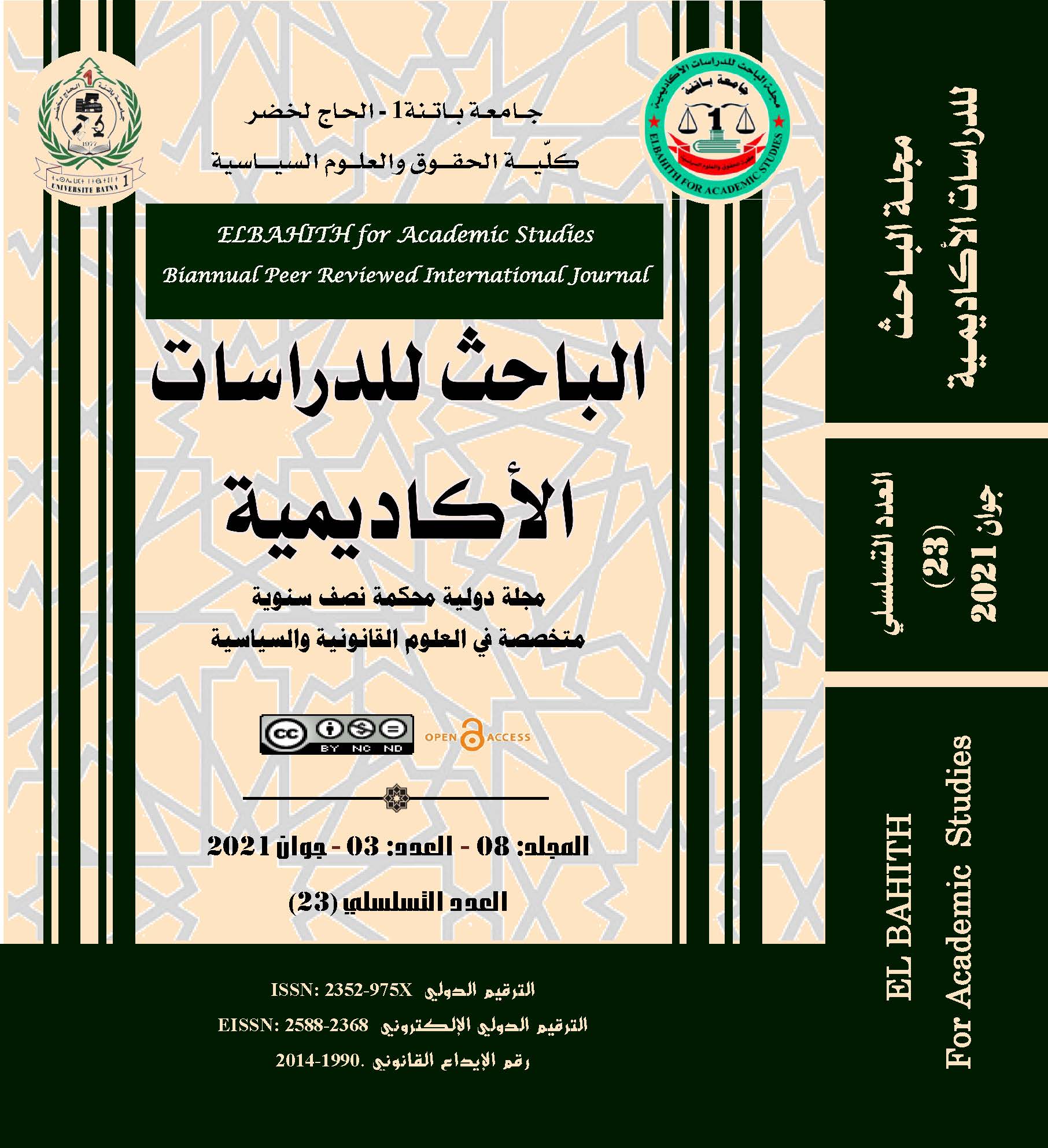Body safety between criminal protection and therapeutic necessity
DOI:
https://doi.org/10.59791/efas.v8i3.1170Keywords:
integrity of the body, right to integrity of the body, penal protection, therapeutic necessieAbstract
The right to bodily integrity is a right decided and preserved by the law. It includes the entirety of the human body without exceptions, so that health and bodily integrity are preserved, free from physical and psychological pain. Any conduct that could lead to change in bodily parts, tissues, cells, or any body liquid, as well as a decrease in health, or an infliction of physical or psychological pain, or even the disturbance of the body’s safety and tranquility, are all crimes punishable by the law.
The legislator, however, does not extend punishment unto medical procedures; they are exempt from the label of crime and are allowed even if they constitute an assault on bodily integrity. This occurs due to the victim’s consent in some cases, or due to the law allowing doctors to practice medicine in other cases. Consequently, the label of assault is null when it comes to medicine, thus rendering it permittable.
And as the sick possess the right for treatment, society too benefits from the individuals being treated, and has an interest in the preservation and safety of its being. The result, in the end, is beneficial for everyone. The Algerian legislator, therefore, attempted to reconcile between protecting the right to bodily integrity, and allowing it to be assaulted, so to speak, if the purpose is the treatment of body and protecting it from illness and pains in the limits of medical necessity as allowed by the law.
Downloads
Published
How to Cite
Issue
Section
License

This work is licensed under a Creative Commons Attribution-NonCommercial-NoDerivatives 4.0 International License.





